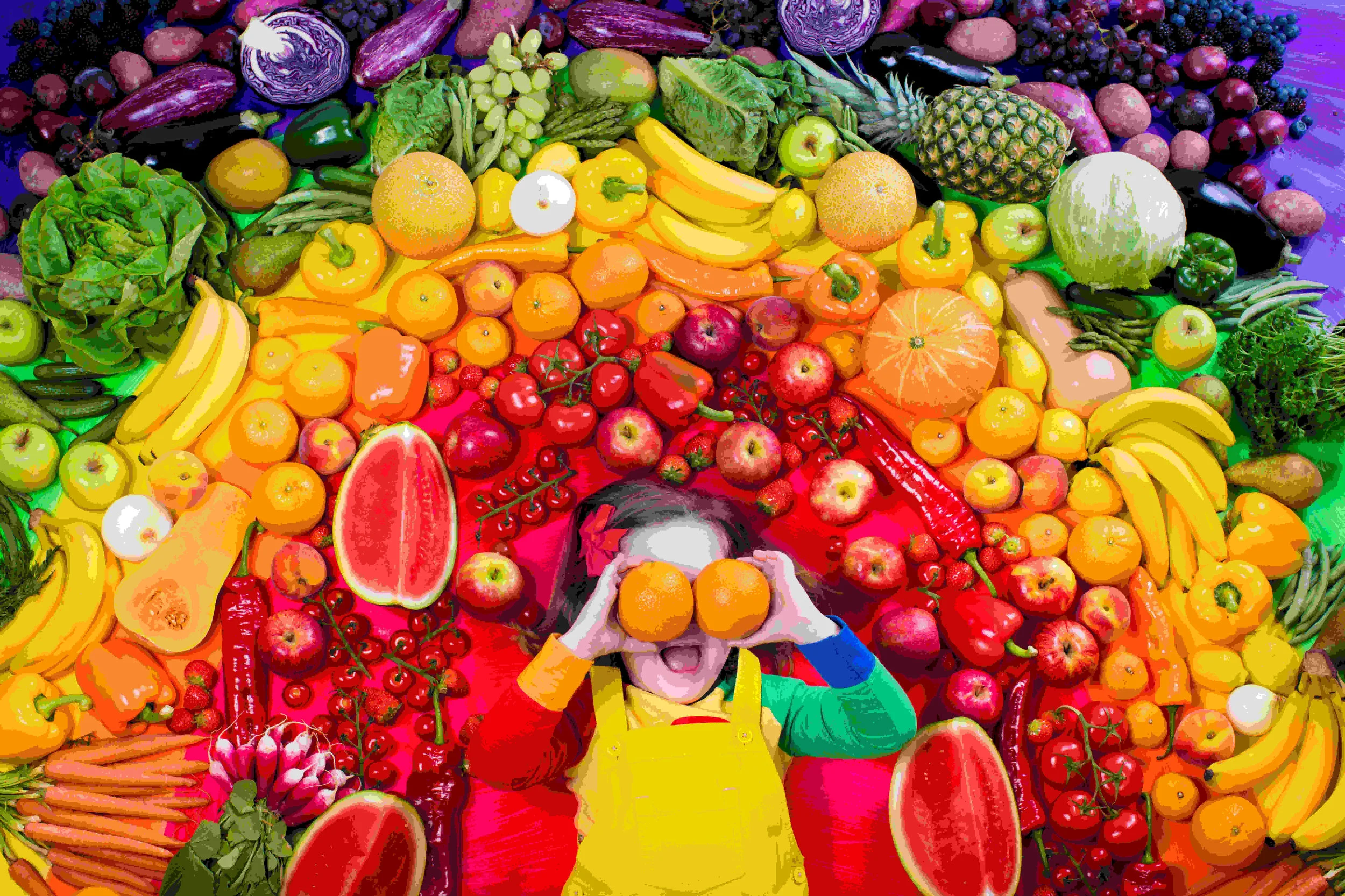All the ways collagen is good for you
All the ways collagen is good for you
Anyone who knows anything about preventing wrinkles knows collagen is a vital component of a skincare routine. Included in skin creams for years, it’s infamous for its skin plumping and smoothing properties. Unfortunately, those creams aren’t helping as much as you think—while topically applied collagen will moisturise the skin, that’s about it. It can’t stimulate collagen synthesis or growth, and won’t ‘seep into’ the skin because the molecules are simply too big to get through. Topical hydration will make your face immediately look younger and healthier, but the effects won’t last. Consuming collagen is where it’s at for skin health benefits. Collagen is the most abundant and ubiquitous protein in animals and has been an integral part of our diet for centuries, often without us realising it. Natural collagen production slows down as we age, so from the mid- to late-20s (when most of us start spotting fine lines and wrinkles), you need to boost your collagen intake to keep your skin firm, and quit the habits breaking down your finite supplies—think smoking, sunbathing, and eating too much sugar.
But collagen doesn’t only help supply the body with the amino acids needed for the renewal of skin tissues. Collagen sustains all connective tissues, including tendons, skin and cartilage with different amino acids, supporting the integrity, firmness and elasticity of the musculoskeletal system. When proteins are digested, they’re broken down into amino acids, which are ferried throughout the body to where they’re needed—the amino acids that make up collagen are the most abundant in the human body and without them, your skin wouldn’t stretch, your muscles would fall off your bones, and your joints wouldn’t move. It’s pretty essential to existence.
Whatever the level of intensity, any physical activity puts our bodies under pressure. Like ageing, engaging in high-impact movement or sports—even for the youngest and fittest among us—can result in stiffness, discomfort or locking in the knees, hips, fingers, shoulders and lower spine. Add in the osteoarthritis affecting more than 40 million people in Europe alone and you’ve got a lot of people looking for relief. Enter collagen, one of the latest superfood ingredients in everything from supplements to protein shakes. It’s also why bone broths had their moment in 2018—broths based on bones, pig’s trotters and chicken feet are dietary staple sources of collagen, along with black pudding and egg yolks. We’ve known about the health benefits of bone broth, if not collagen, since the 12th century, when abbess and scholar Hildegard von Bingen advised people could find relief from joint pain by drinking broth made from calves’ feet. Most of the research on collagen focuses on its joint health applications, with studies from the 1990s linking collagen supplementation with reduced symptoms of arthritis and inflammation.
Fibroblasts are the cells in your body that produce collagen and they need access to glycine, proline and hydroxyproline—the aforementioned amino acids. Hydrolysed collagen or collagen peptides are the most effective way to deliver these and that’s what you should be looking for on any ingredient list. Otherwise, the collagen won’t be bioavailable—i.e. your body won’t be able to use it. And no need to worry about it being destroyed in the stomach or ‘digested’ before it can used—you want to digest it! Research shows the amino acids and peptides make it into the blood to be delivered where they’re needed, be that your skin, joints, hair, muscle, nails or intestinal tissues. While there are at least 16 types of collagen found in the body, there are only two you need to concern yourself with. Collagen type I and type II make up 90 percent of the collagen in you, with collagen I concentrated in the skin and tendons, and type II found primarily in the joints. While you should be getting enough collagen to support your entire body, if you’re aiming for a specific result, choose the collagen type most appropriate.
If you’re vegetarian or vegan, or simply don’t fancy eating black pudding or pork scratchings, help boost the natural collagen production in your body with foods rich in vitamin C, zinc, silicon, iron and copper. Mix dark leafy greens with bell peppers, spinach, chickpeas, sesame seeds, lentils, quinoa, alfalfa, dandelion greens and mushrooms. Everyone should up their antioxidant intake and eat more berries and vitamin-E rich foods like avocados to protect your existing collagen from the harm caused by pollutants, sun exposure and smoking.


























Why doesn’t the human body crave the nutrients in fruits and vegetables, preferring instead to demand sugar and fat in unhealthy quantities?